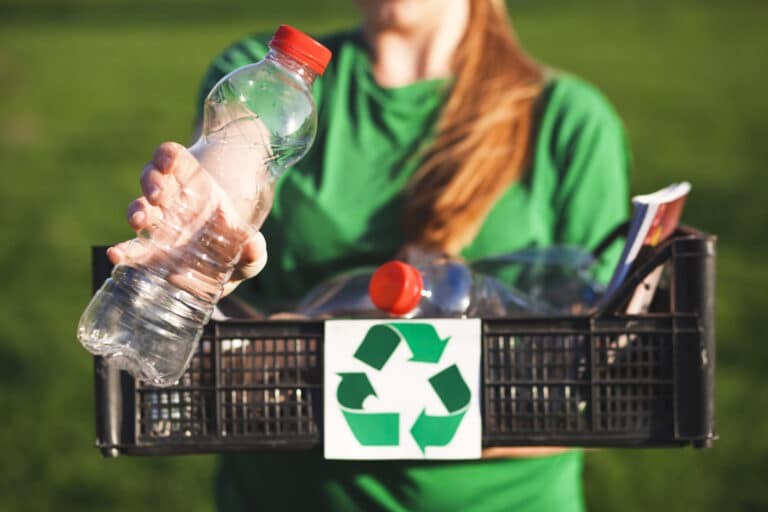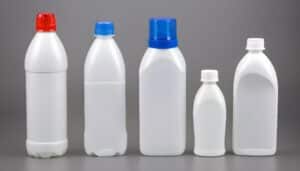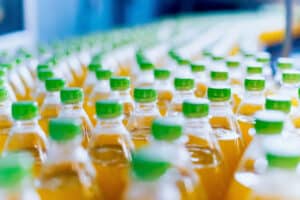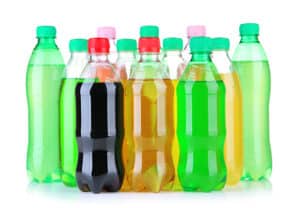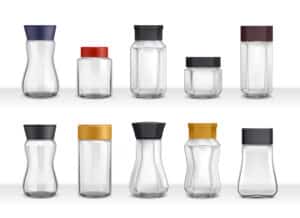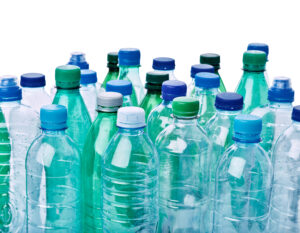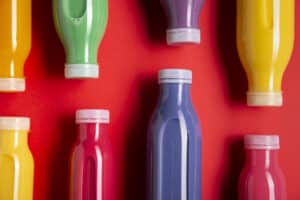Plastic bottle recycling is a crucial step in reducing the amount of plastic waste in the environment. With the widespread use of plastic bottles for drinks, it is important to be aware of the proper methods of recycling them. From sorting and cleaning to knowing which types of plastic are recyclable, there are several factors that can impact the success of plastic bottle recycling efforts.
In this article, we will delve into the key aspects of plastic bottle recycling that everyone should know about.
Plastic Bottle Recycling is a new trend
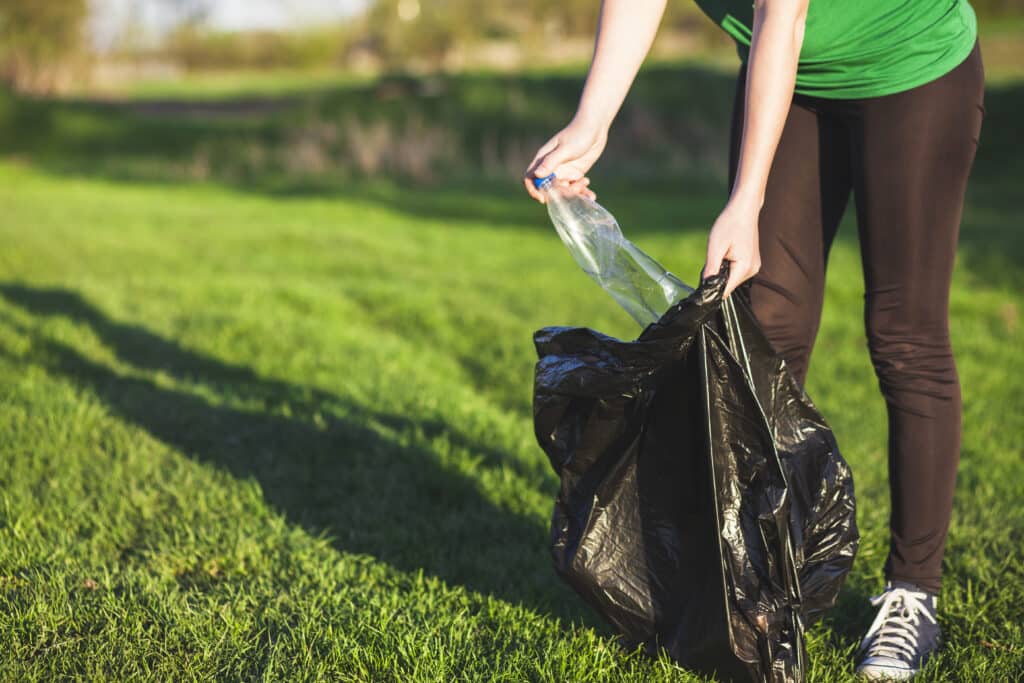
Recycling plastic bottles has become a new trend in recent years, as people have become more conscious of the impacts of plastic waste on the environment. This trend is driven by a growing awareness of the damaging effects of plastic pollution, as well as an increased focus on sustainability and eco-friendly practices.
In response to this trend, many communities and businesses have taken steps to increase recycling efforts and make it easier for people to recycle plastic bottles. This includes the introduction of curbside recycling programs, the placement of recycling bins in public spaces, and the launch of campaigns to educate people about the importance of recycling.
This new trend towards recycling plastic bottles is a positive step in the right direction, and it offers hope for a cleaner and greener future. By continuing to prioritize recycling and reduce waste, we can ensure that our planet remains healthy and vibrant for generations to come.
What happens in the plastic bottle recycling process?
Recycling plastic bottles involves several steps that ensure the waste material is converted into a new, usable product. Here’s a general outline of the process:
- Collection: Plastic bottles are collected from households, businesses, and other sources.
- Sorting: Bottles are sorted by type of plastic and colour. This helps to ensure that recycled material can be used to make a similar product.
- Cleaning: The bottles are cleaned to remove any residue and labels.
- Shredding: The bottles are shredded into small pieces.
- Melting: The shredded pieces are melted and formed into pellets.
- Manufacturing: The melted plastic is used to create new products, such as clothing, carpet, or plastic containers.
It’s important to note that not all plastic bottles can be recycled. And certain types of plastic have different recycling requirements. To increase the chances of your plastic bottle being recycled, empty and rinse the bottle, remove the cap, and recycle only clean, dry bottles. Following these simple steps can help make plastic bottle recycling a success.
Is it OK to crush plastic bottles for recycling?
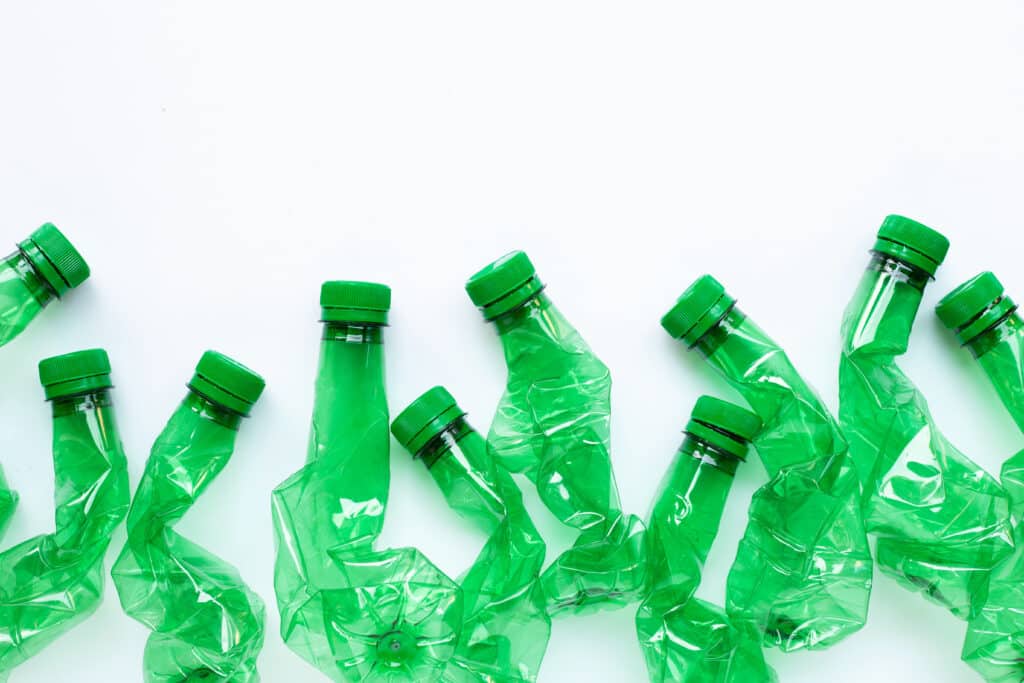
Crushing plastic bottles before recycling is a common practice and is often encouraged. As it can save space in your recycling bin and reduce the volume of waste to be transported to recycling facilities. However, it’s important to note that not all recycling facilities accept crushed bottles. So it’s always best to check with your local recycling program before doing so.
Crushed bottles can also present a problem during the sorting process. As they can become mixed with other materials and cause contamination. This can result in lower-quality recycled material that is difficult to use in the manufacture of new products. Additionally, crushing bottles with sharp edges can pose a safety hazard to workers at the recycling facilities.
In general, it’s best to recycle plastic bottles without crushing them. And to follow the guidelines set by your local recycling program. This can help to ensure that your recyclable materials are processed efficiently and effectively. Leading to a cleaner and greener environment for us all.
How can you tell if a plastic bottle is recyclable?
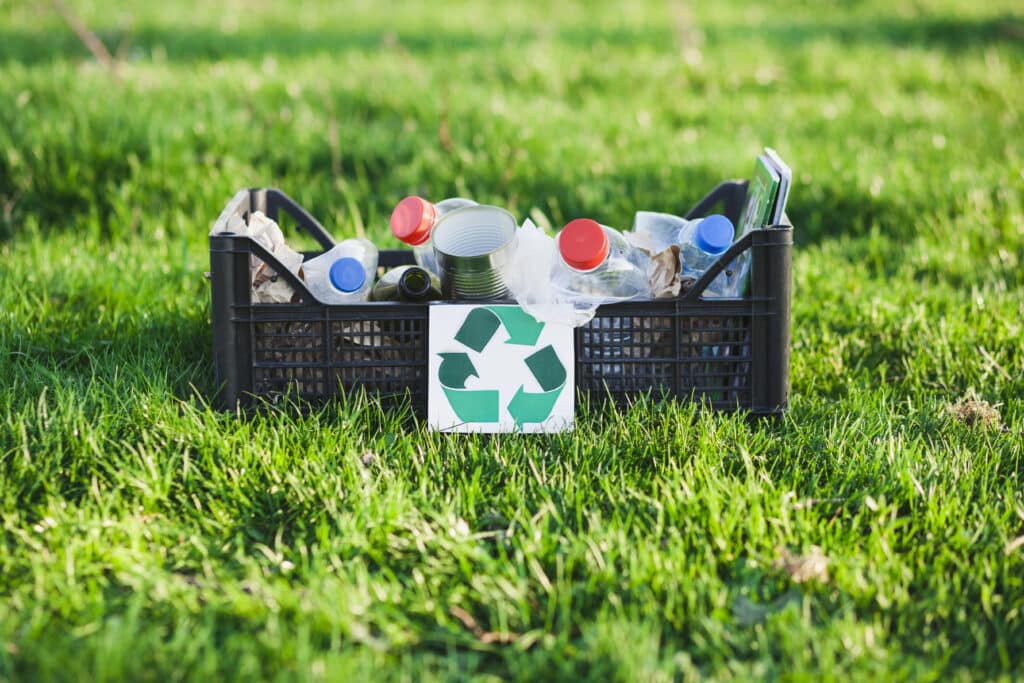
Determining if a plastic bottle is recyclable can be as simple as checking its plastic type. Most plastic bottles are made from one of two types of plastic: PET (polyethene terephthalate) or HDPE (high-density polyethene). These two types of plastic are widely accepted for recycling by most programs.
To identify the type of plastic a bottle is made from, look for the recycling symbol. It is usually located on the bottom of the bottle. The symbol is a triangle made of arrows and contains a number ranging from 1 to 7. Which represents the type of plastic used. PET bottles are typically marked with a “1” and HDPE bottles with a “2.”
It’s important to note that not all plastic bottles can be recycled. And that recycling programs may vary in terms of what materials they accept. Therefore, it’s always best to check with your local recycling program for specific guidelines.
By understanding the basics of plastic bottle recycling and checking for recyclable materials, you can play an important role in protecting our environment and conserving our natural resources.
What are the advantages of plastic bottle recycling?
Recycling plastic bottles offers numerous benefits to both the environment and society as a whole. Here are some of the key advantages:
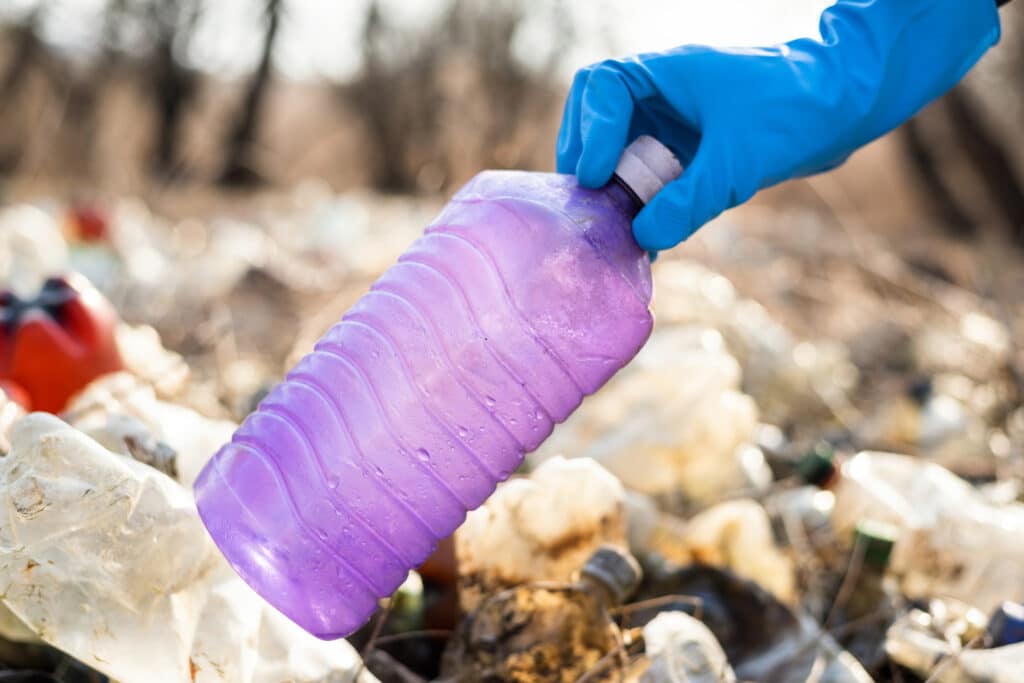
- Conservation of resources: Recycling plastic bottles conserves the finite resources needed to produce new plastic. such as petroleum and natural gas.
- Reduction of waste: Recycling reduces the amount of plastic waste. That would otherwise end up in landfills, where it can take hundreds of years to break down.
- Energy savings: Recycling plastic bottles uses less energy than producing new plastic from raw materials.
- Reduction of greenhouse gas emissions: The production of plastic from raw materials releases greenhouse gases into the atmosphere. Recycling plastic bottles helps to reduce these emissions.
- Job creation: The recycling industry creates jobs in areas such as collection, sorting, and processing.
- Economic benefits: Recycling plastic bottles generate revenue from the sale of recycled materials. Which can be used to fund other community initiatives.
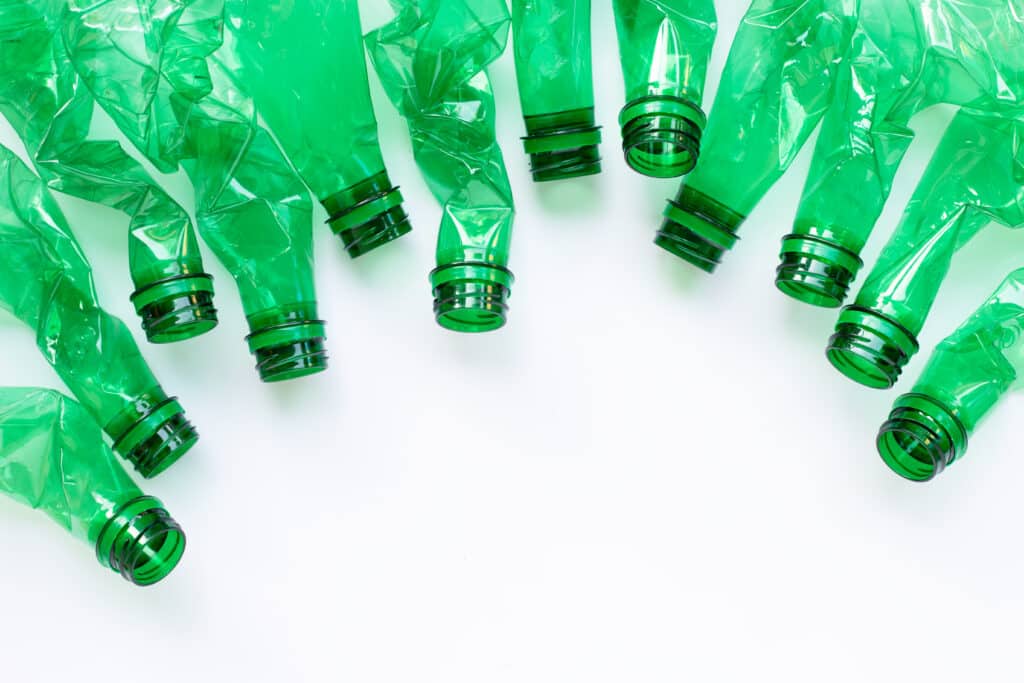
By recycling plastic bottles, we can play a role in reducing waste, conserving resources, and mitigating the impacts of plastic pollution on our planet.
In conclusion, plastic bottle recycling is a crucial step in reducing plastic waste and its impact on the environment. By understanding the process of recycling, being aware of what types of plastic bottles can be recycled. And following guidelines set by local recycling programs, we can all play a role in creating a cleaner and greener future.
Additionally, by recycling plastic bottles, we can conserve resources, reduce waste, save energy, create jobs, and support local economies. Let’s work together to make plastic bottle recycling a success.
To learn more about packaging materials, read JarsBottles blog!

